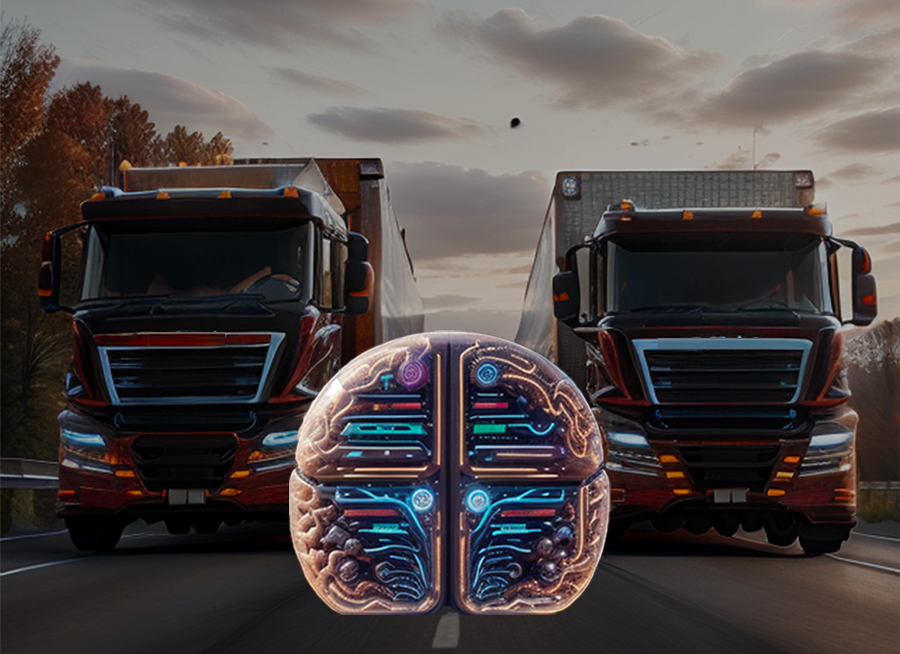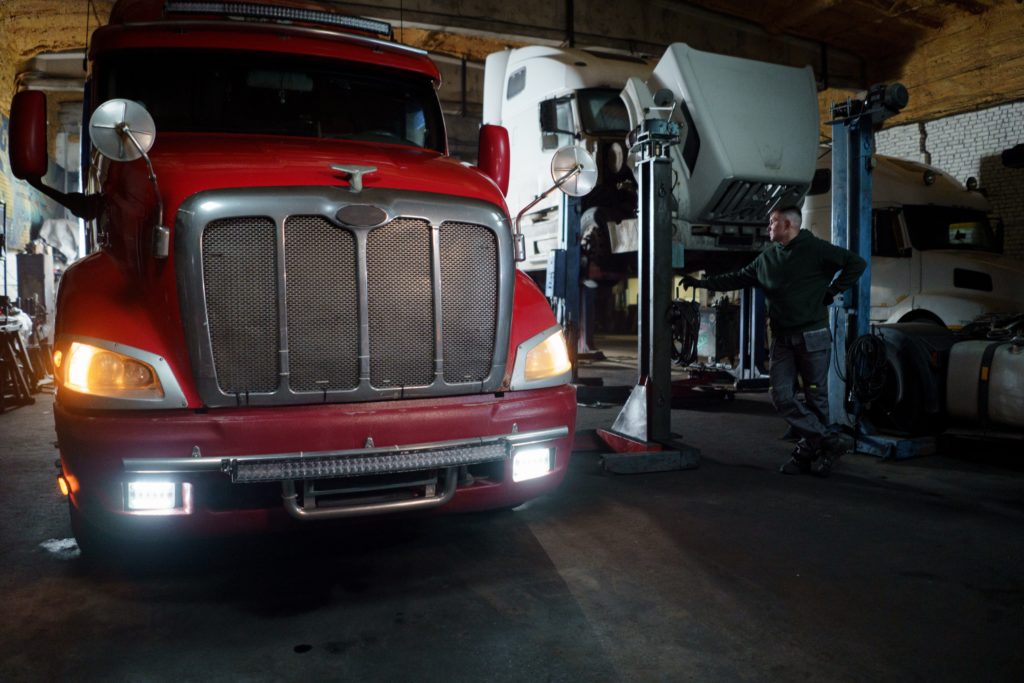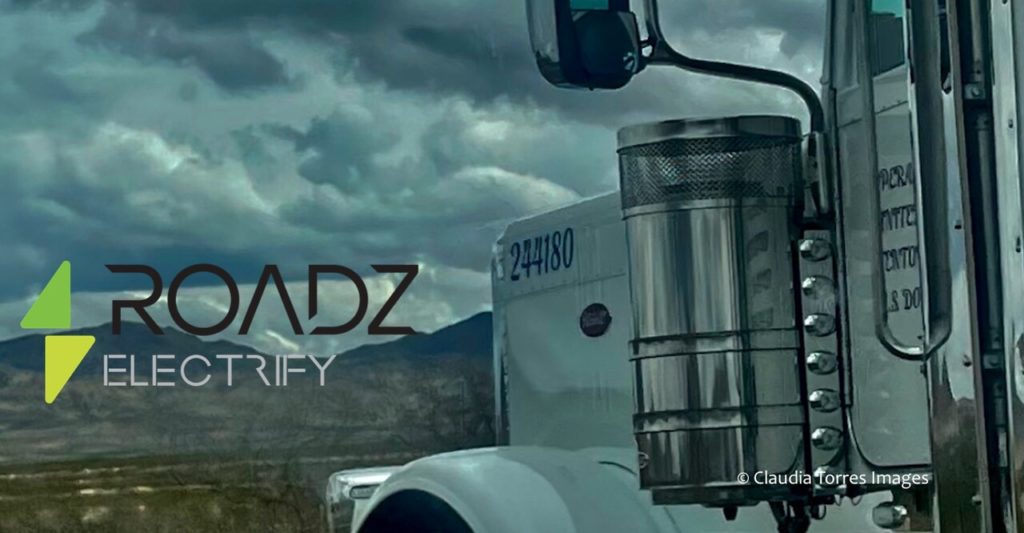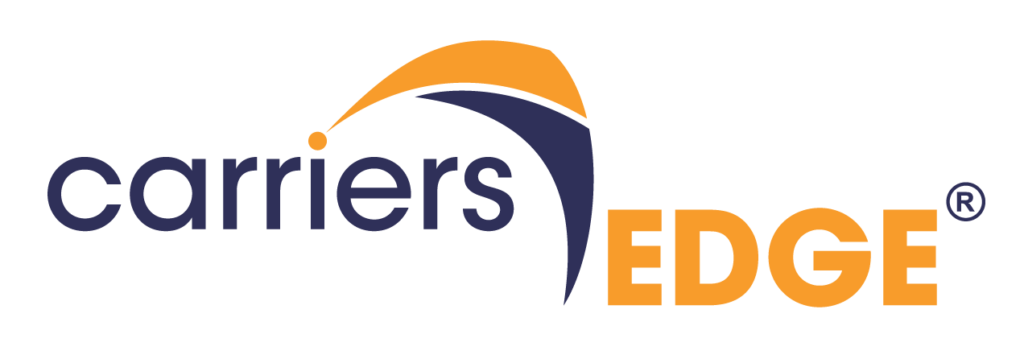Are you confident that you are investing in the right fleet technology for your company?
From improving fuel efficiency to enhancing driver safety, fleet technology solutions offer a wide range of benefits. But with so many options available in the market, finding the perfect fit for your business can be overwhelming. Fret not! In this comprehensive fleet tech buying guide, we’ll walk you through the essential factors to consider and help you make an informed decision.
What Issue are you trying to solve?
Solve for Short term, Plan for long term
Short Term: What problem are you trying to solve today with Fleet tech? Think broadly for e.g. fuel savings, improved driver safety, better route planning, compliance with regulations, etc .
While looking for solutions to solve this current pain point, look for tech that
- Can solve multiple issues Or
- vendors who offer multiple solutions in a bundle Or
- Marketplaces that offer solutions for more than one problem.
Do you want to invest in a solution that would allow you to easily add another solution in the future,
or should you go for one that just meets your current need?
Make a decision not on Price but TCO
Most purchases, especially tech purchases, start with the budget allocated. Typically we look for solutions that fall within our price range. The important questions to be asked with respect to Fleet tech is Total Cost of Ownership (TCO). Calculating TCO includes –
- Cost of Acquisition – This covers the initial purchase price/licensing fees, installation (one time), maintenance (typically monthly), and implementation cost
- Cost of Operation – Does your acquisition cost also include cost of operation? Things like training the team to use the tool, customer support, routine maintenance (if there is hardware). If not, what are the charges on that?
- Cost of growth and update – Are their additional fees for new users/licenses? For Patches to fix bugs? Expenses for new versions of the software to replace or enhance the existing solution. Costs related to industry regulations and standards
For many of the solutions, negotiations should not be on price alone but also on other benefits included for the price charged
Integration across Solutions for Optimal Reporting and Decisions
Not many solutions offer integrations with other popular solutions in Fleet tech. However, picking ones that do, helps fleet leverage great advantages that integrations provide, namely
- Enhance Efficiency and Productivity – Integrated solutions allow solutions to talk to each other. Integrating data from different solutions results in less time trying to manually collate data from different sources. All lead to greater efficiency and better use of resources
- Improve Data Accuracy and Consistency – When Data, Insights and reporting are integrated, there is ‘One-source-of-truth’ in data. With GenAI tools, insights are based on verified data and in real time
- Streamline Reporting and Analysis – One source of truth leads to a single pane of glass reporting, without having to spend time, and effort for manual work and greater accuracy
- Enable Seamless Workflow and Communication
While it is critical to ensure there is integration with the tech already in the company, the need of the hour is how well does their data integrate with other solutions?
More and more fleet managers do not have an issue with performance data but more with gaining consistent insights and data that can be meshed together to provide a holistic view.
Does the company you are considering offer this?
Innovation and Scalability
Future proofing the fleet tech solution you are considering is crucial to ensure not only to retain the advantages from the technology you are investing in but also to ensure you dont waste valuable resources on evaluating the same tech again. Some things to consider for future proofing is to see if your solution is
- Adaptable and scalable – Will it meet the evolving needs of your fleet as technology continues to advance.
- Does it offer regular updates and enhancements to keep up with industry trends and address emerging challenges.
- Is it Compatible with other systems and technologies, as this will allow for seamless integration and future expansion.
- On the trajectory of frequent Innovation and Growth – How often do they release a new feature? How does their feature list compare with other competitors?
Investing in a future-proof fleet tech solution will not only save you time and money in the long run but also give you a competitive edge in a rapidly changing market
Conclusion:
In conclusion, when it comes to buying fleet tech, there are several key factors to consider. Firstly, it’s important to assess the current specific needs and future goals of your fleet operation. This will help you determine what features and functionalities are essential for your business.
Secondly, Future proof the solution you consider on TCO and on Innovation. Additionally, seeking feedback and recommendations from other fleet operators can provide valuable insights.
Lastly, it’s important to keep in mind that fleet technology is constantly evolving, so choosing a solution provider that offers data integration is crucial to realize the maximum benefits from the solution and drive holistic and optimal business decisions.














